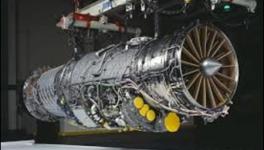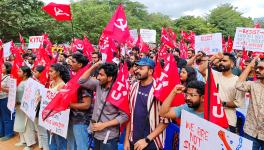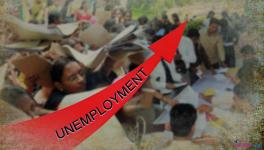Union Budget 2012: Goodbye Aam Admi
By doing this, it fails to address the back-breaking price rise and inflation that the people have been suffering from. At a time when the Indian economy is reeling under high inflation, especially in food and fuel items, the least that was expected in the budget was some relief. Far from this, the budget has added to the woes of the poor people of our country. There are many reasons for the spiraling inflation, at the receiving end of which are the people of this country. First, deregulation of fuel prices announced last year has anyway led to cost-push inflation because of the increase in production and transportation costs. Second, the volatility in the supply of food grains both due to limited production and illegal hoarding leads to increasing inflation. In light of this, a cut in the subsidies, which by cushioning the producers against cost increases keeps the cost-push price under check, and a simultaneous increase in indirect taxes are bound to adversely affect inflation. On the subsidy front, there is a decline in petroleum subsidy of approx. 25,000 crores (Expenditure Budget Vol 1). Add to this the increasing international oil prices, which would, either due to price deregulation (like in the case of petrol) or through cut in the subsidy, get passed on to the consumers. Also, the fertilizer subsidy has been cut by 6,000 crores. While there has been a marginal increase in the food subsidy (of 2,000 crores), it would not have a dampening effect on inflation both because increase in the fertilizer and fuel prices would far outdo any direct increase in food subsidy. On proposals related to the indirect taxes, a dramatic increase of indirect taxes to the tune of 1,06,000 crores, a whopping increase of 26 percent over last year has been proposed. The least that was expected was a decrease in the indirect taxes on fuel and fuel products. On the contrary, the Finance Minister's stubborn insistence on increasing both the excise duty and the service taxes by 2 percent each and obduracy in moving away from the ad-valorem duty structure on petro products coupled with the cut on fuel subsidy by Rs. 24000 crores indicates significant increase in fuel prices, and hence inflation in general, in the days to come. While focusing on indirect taxes, he has chosen to leave the corporate taxes out of the ambit of resource mobilization, whereas the latter would have less likelihood of increasing inflation. While the world economy is yet to recover from the global crisis, the effect of which is visible on India, a more responsible budget was required which could address the twin concerns of slowdown and inflation in the economy. Contrary to these requirements, the Finance Minister has chosen not to do address either. Overall, Budget 2012-13 is a budget that seeks to favour the corporate interests, while adding to the misery of the working people of our country. Far from a government of the aam admi, this budget has shown the true character of being a government for the khas admi while pursuing the neoliberal agenda.
Get the latest reports & analysis with people's perspective on Protests, movements & deep analytical videos, discussions of the current affairs in your Telegram app. Subscribe to NewsClick's Telegram channel & get Real-Time updates on stories, as they get published on our website.























